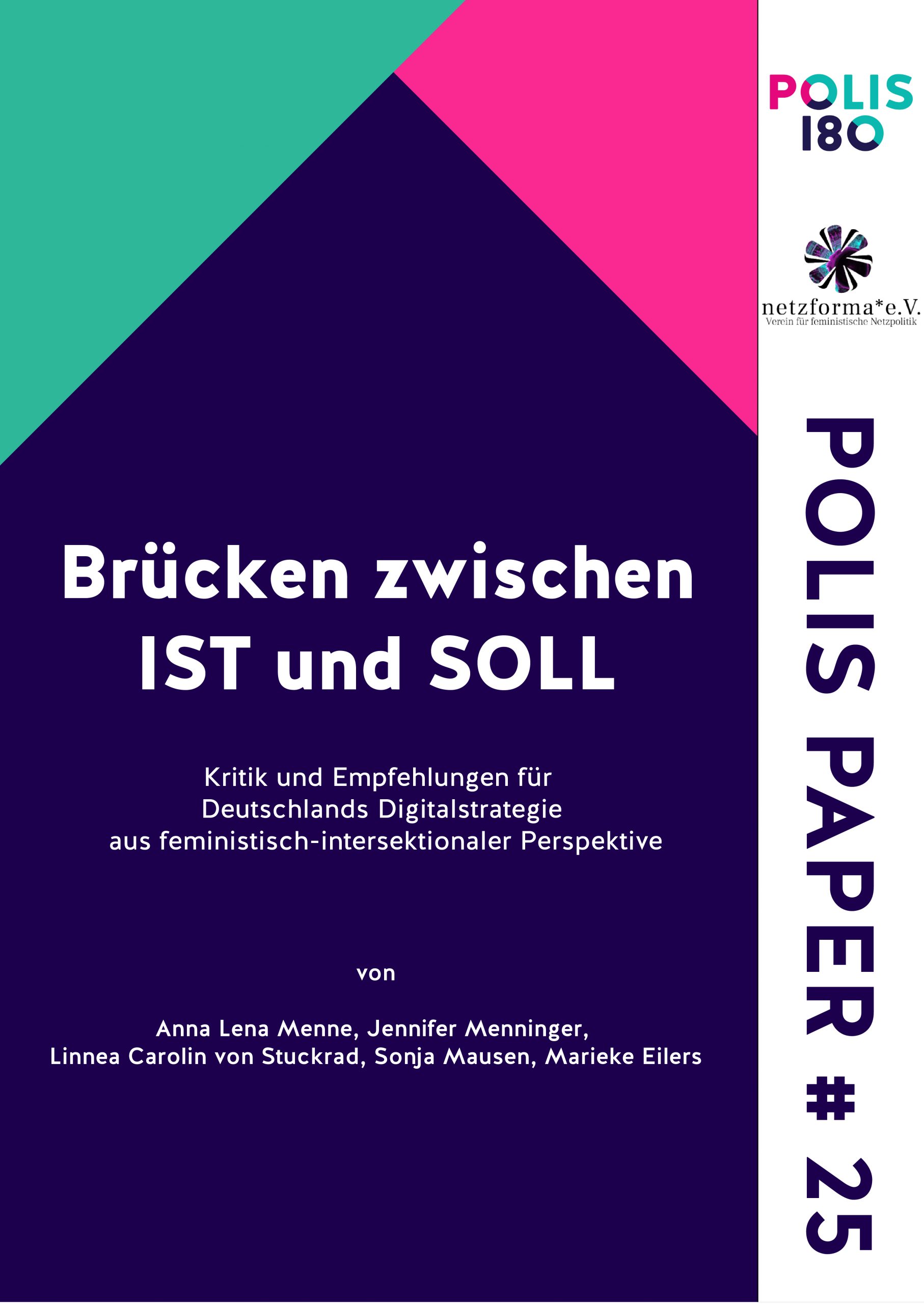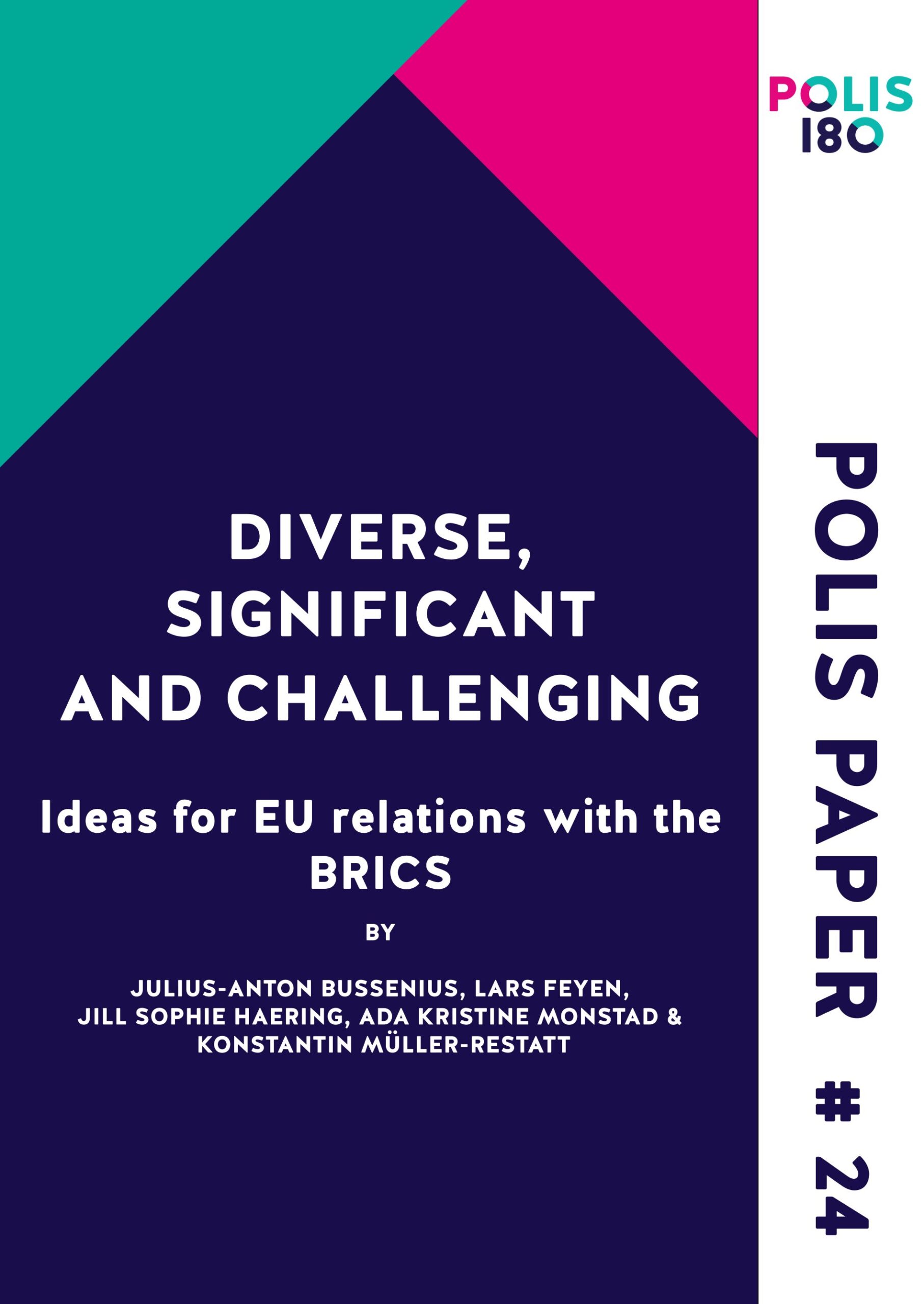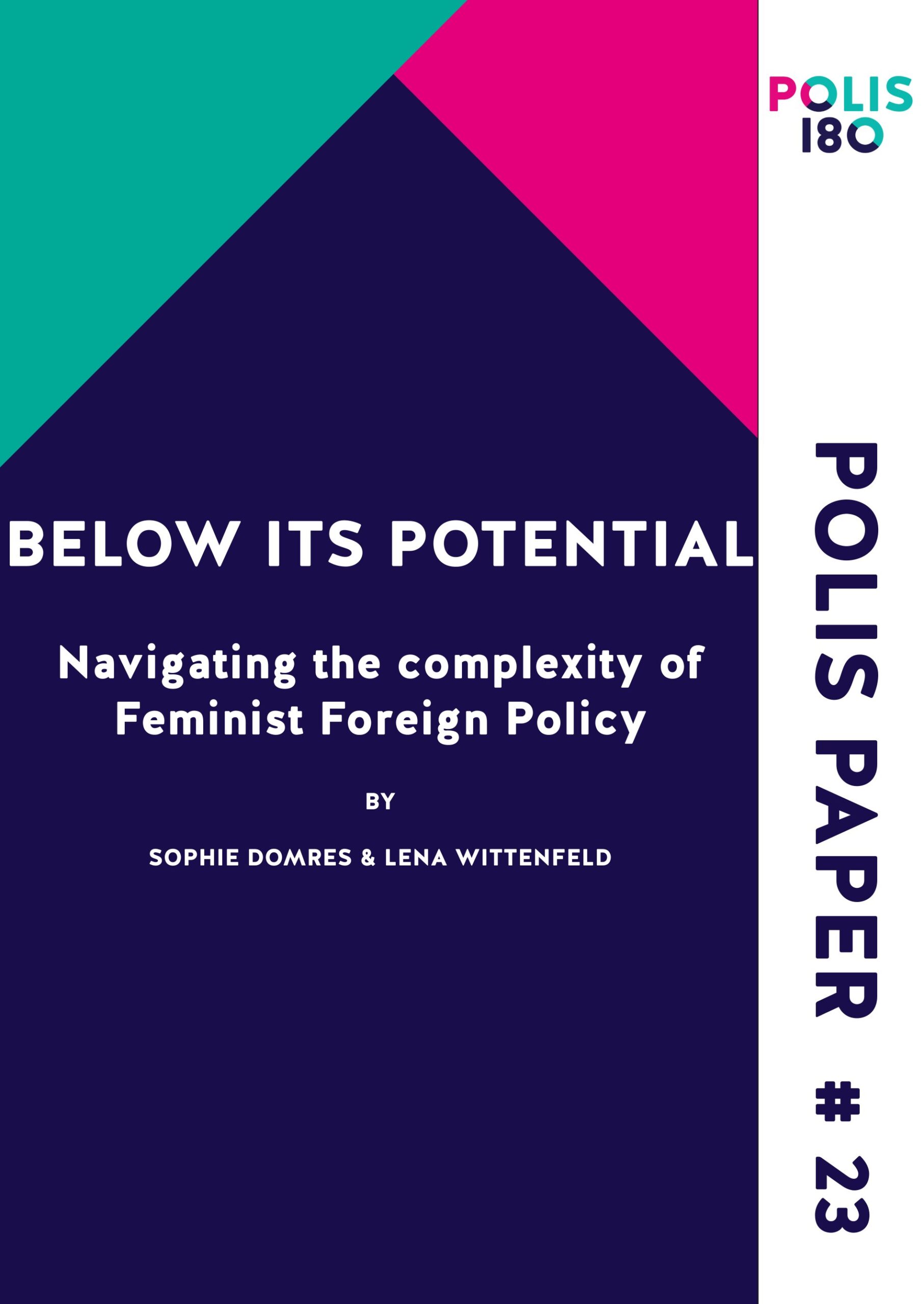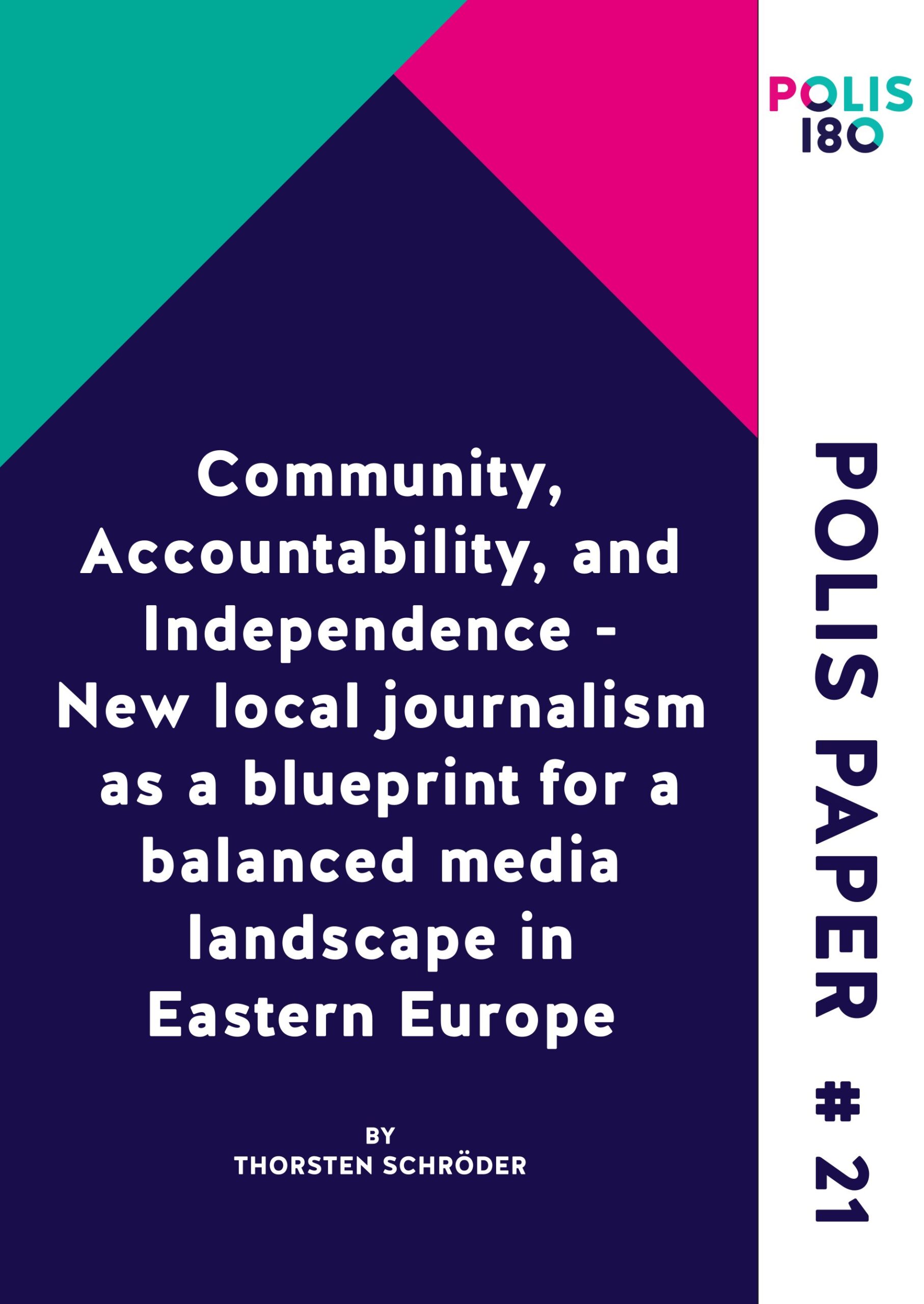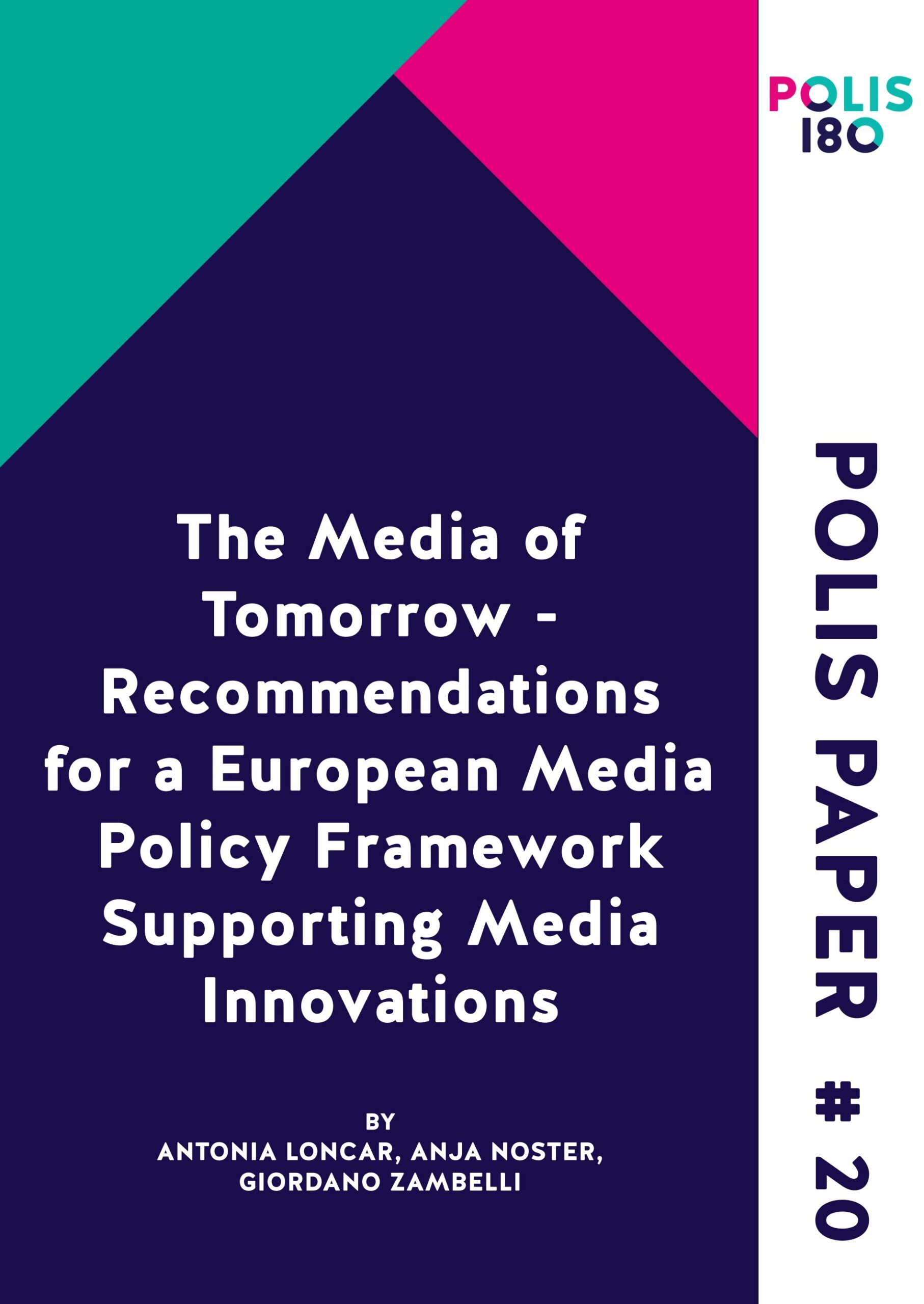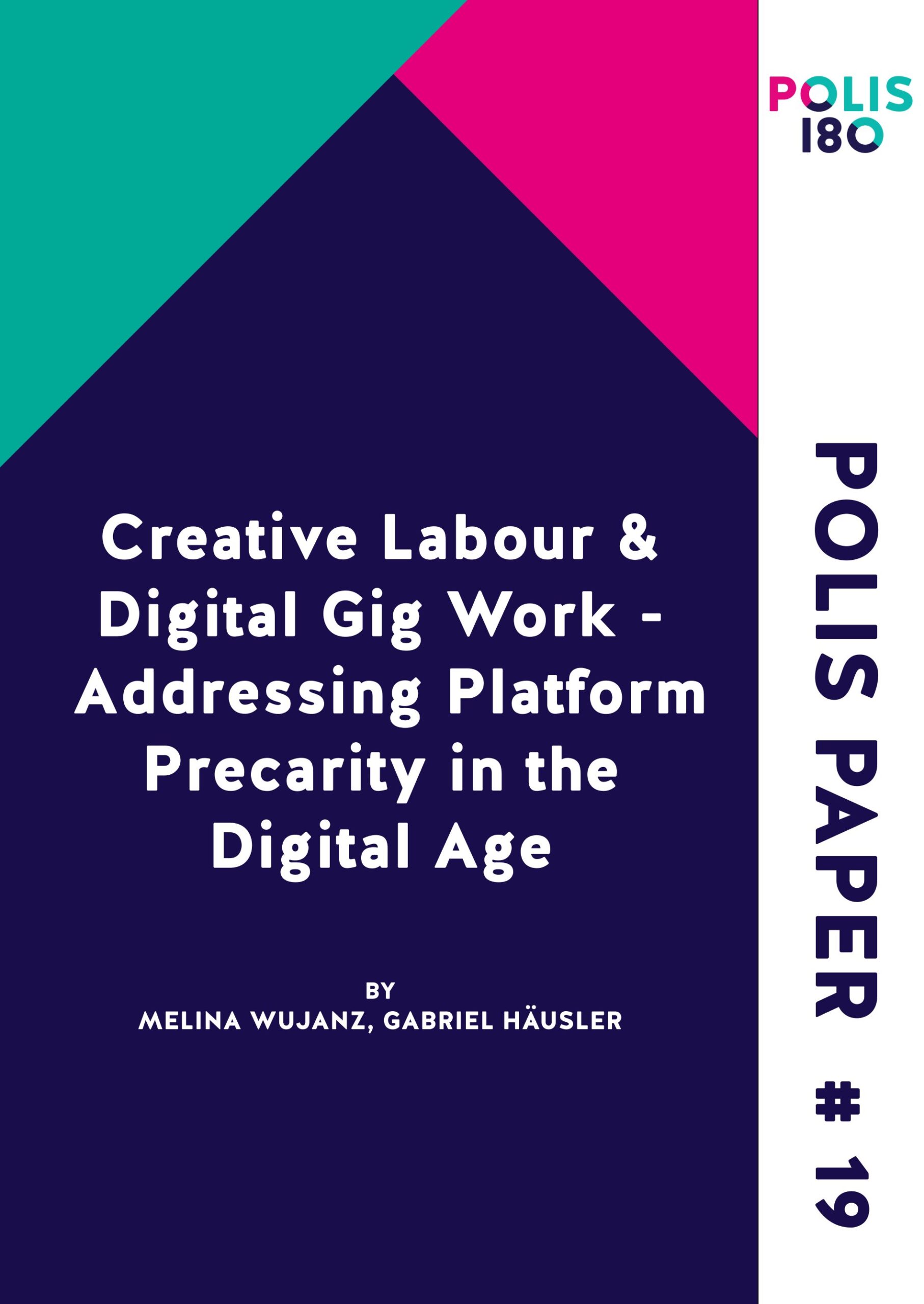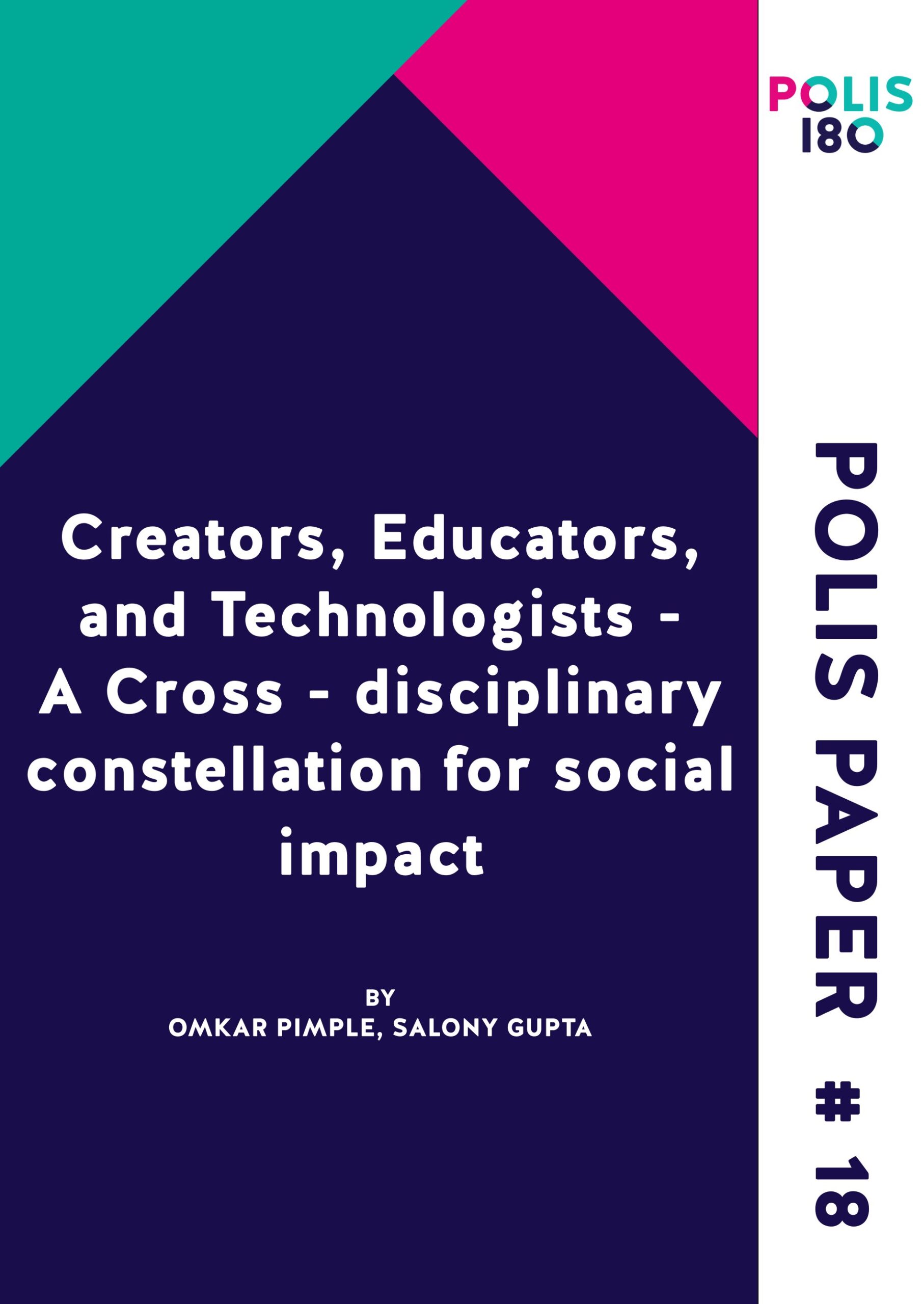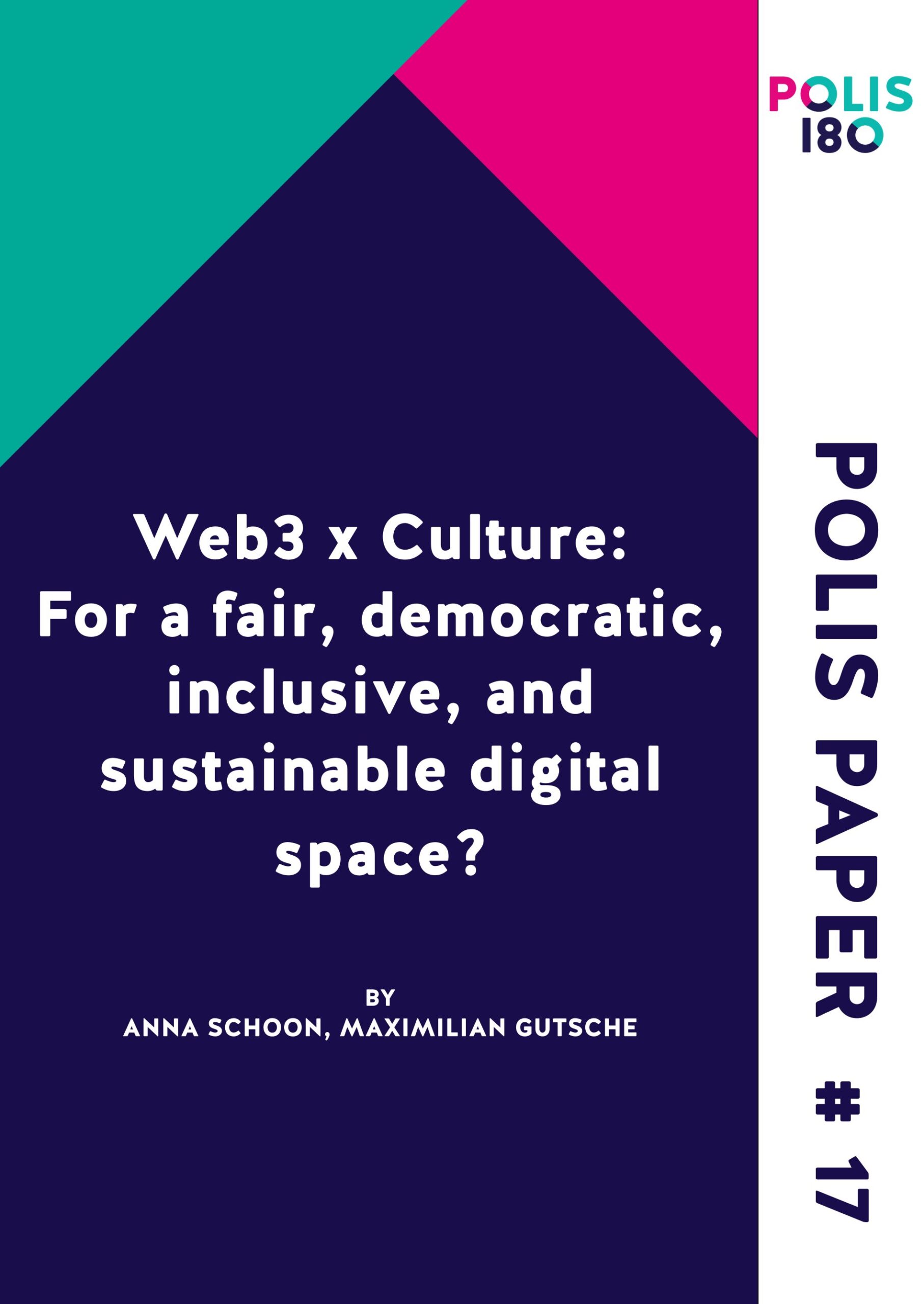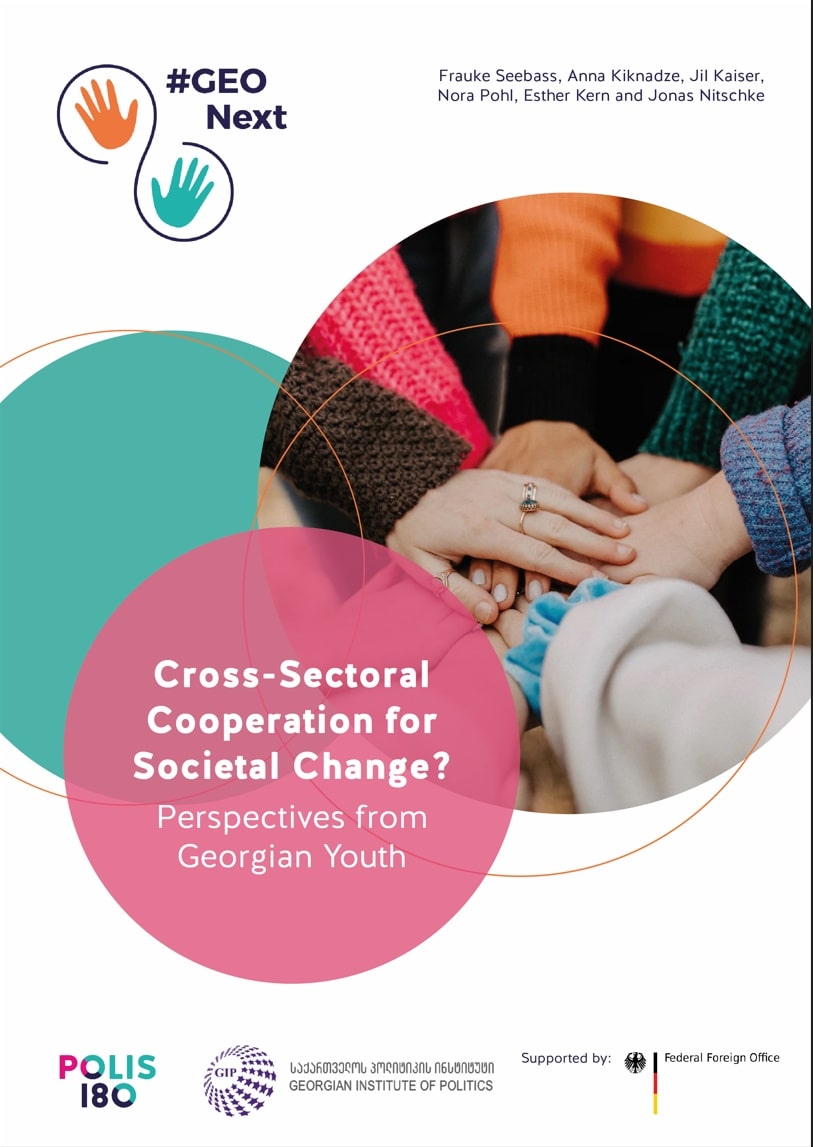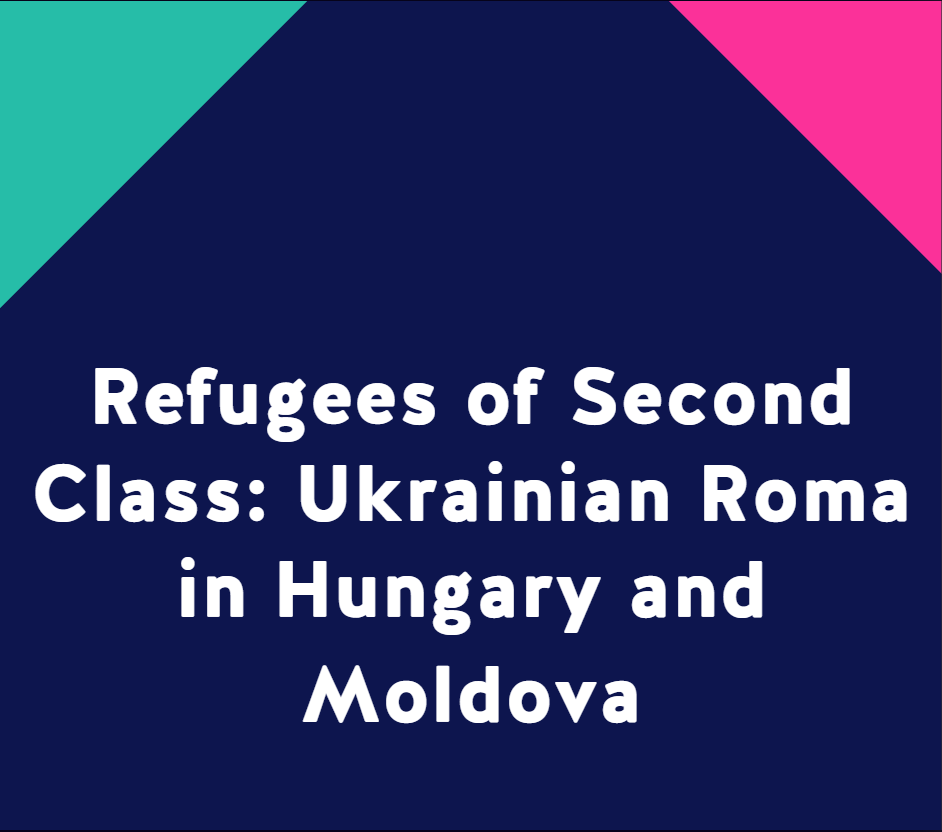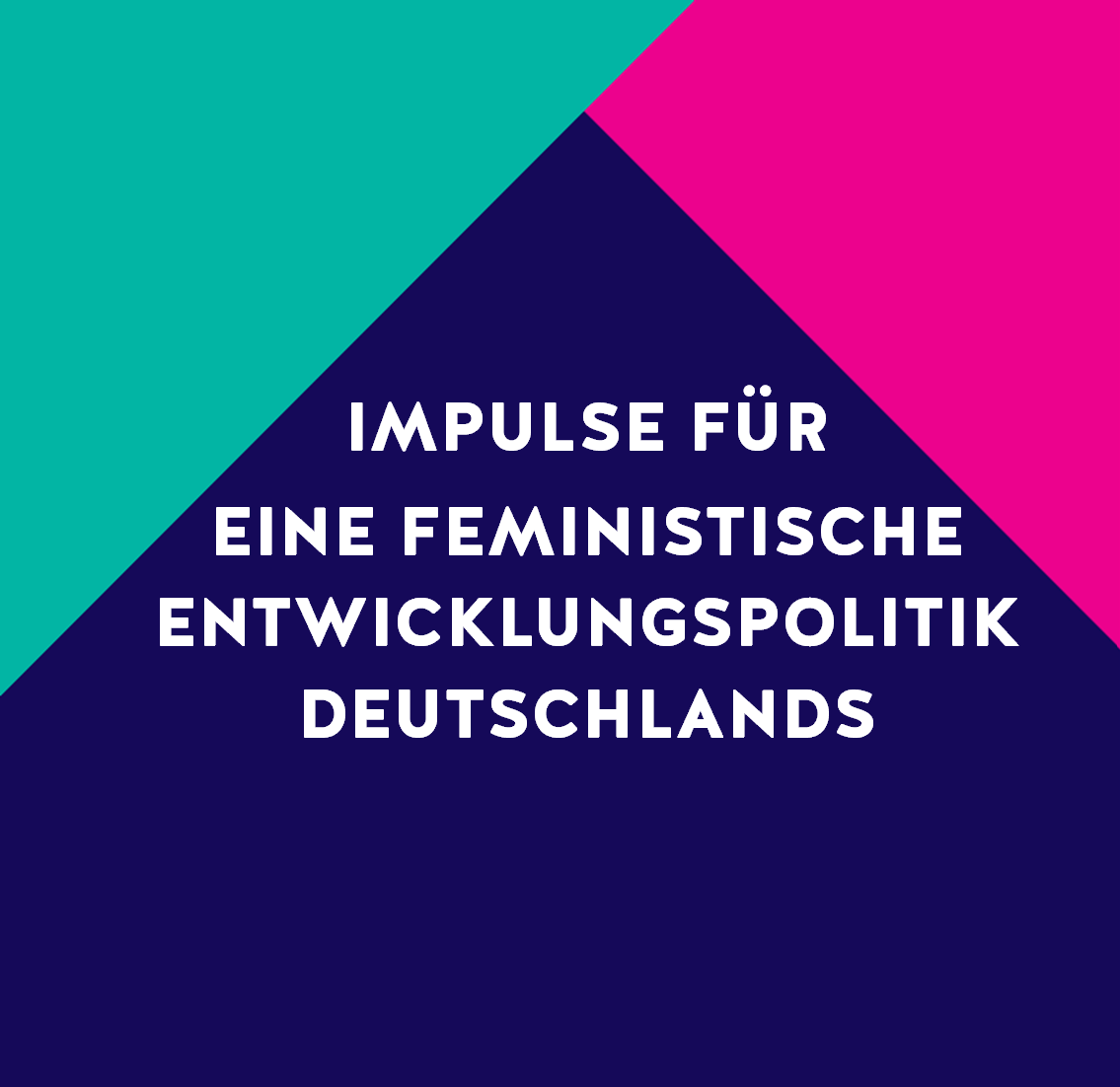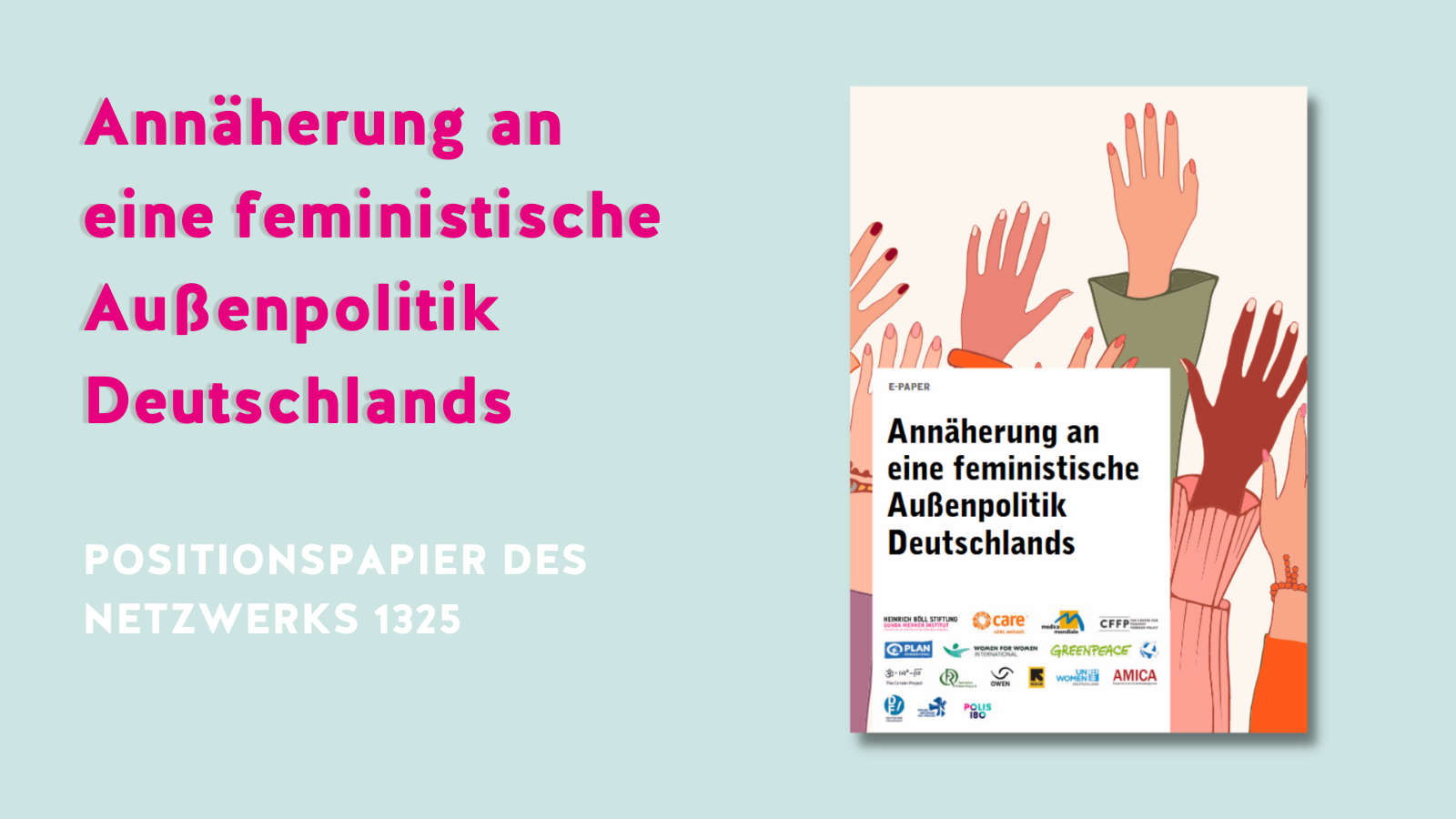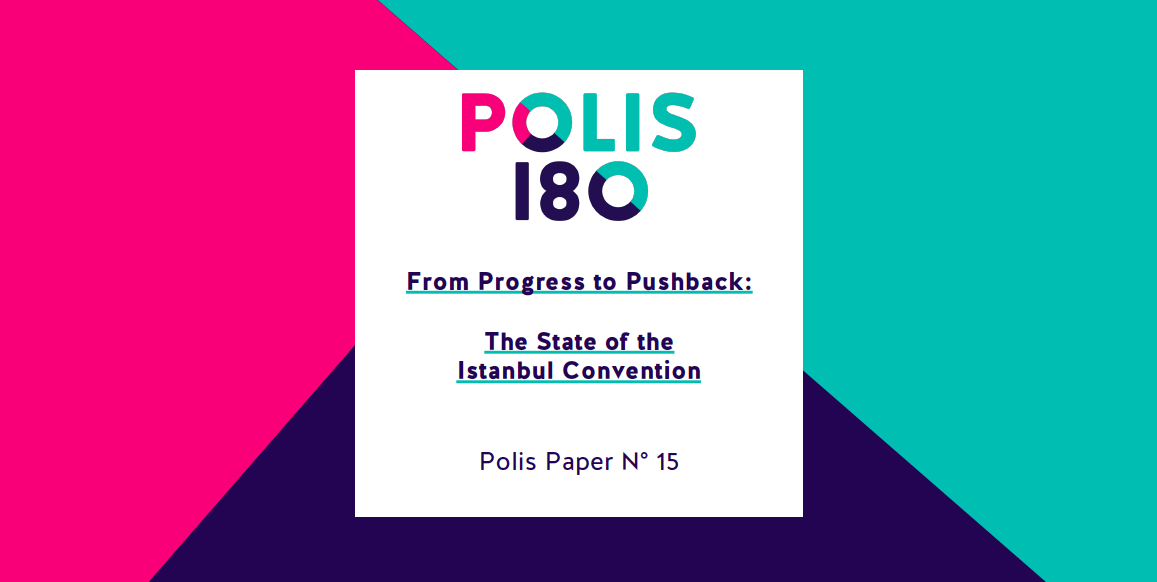Polis Paper N° 25 – Brücken zwischen IST und SOLL – Kritik und Empfehlungen für Deutschlands Digitalstrategie aus feministisch-intersektionaler Perspektive
Im August 2022 veröffentlichte die deutsche Bundesregierung ihre ressortübergreifende Digitalstrategie mit dem Versprechen, Ungerechtigkeiten im digitalen Zeitalter anzugehen. Ein Jahr später fehlt es an konkreten Fortschritten, die festgehaltenen Maßnahmen bleiben unzureichend. Wie können wir die digitale Zukunft gerechter und nachhaltiger gestalten? Dieses Paper betrachtet die Strategie aus einer feministisch-intersektionalen Perspektive, identifiziert die inhaltlichen Schwächen und … Weiterlesen …
